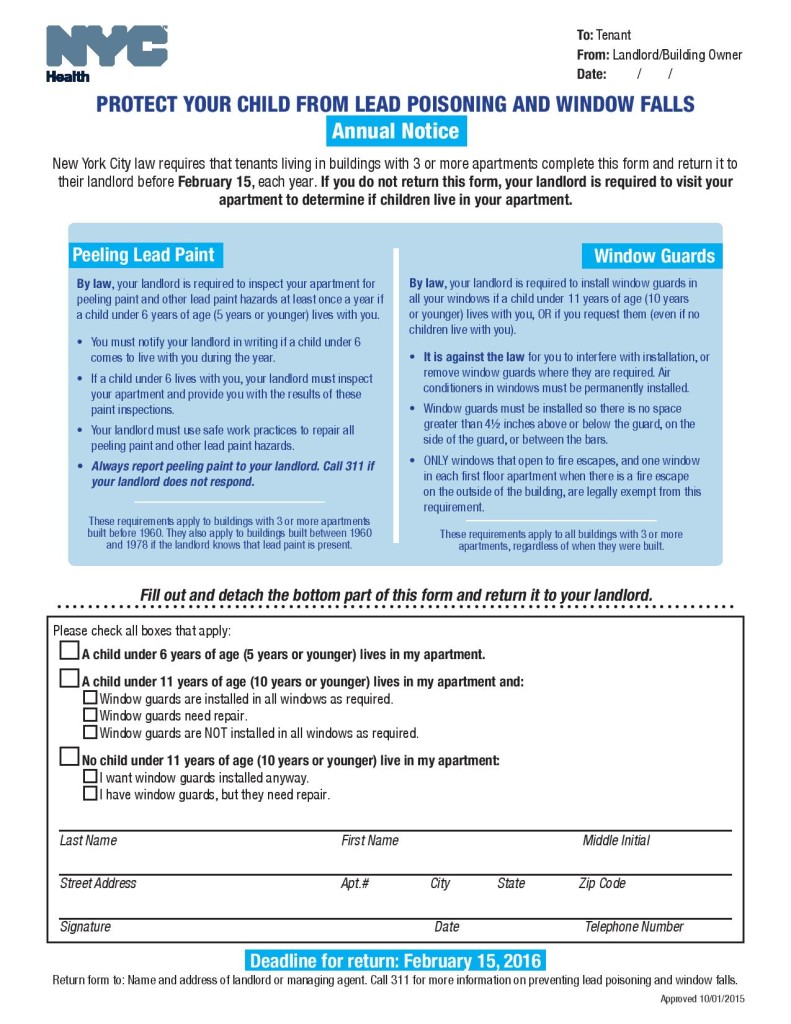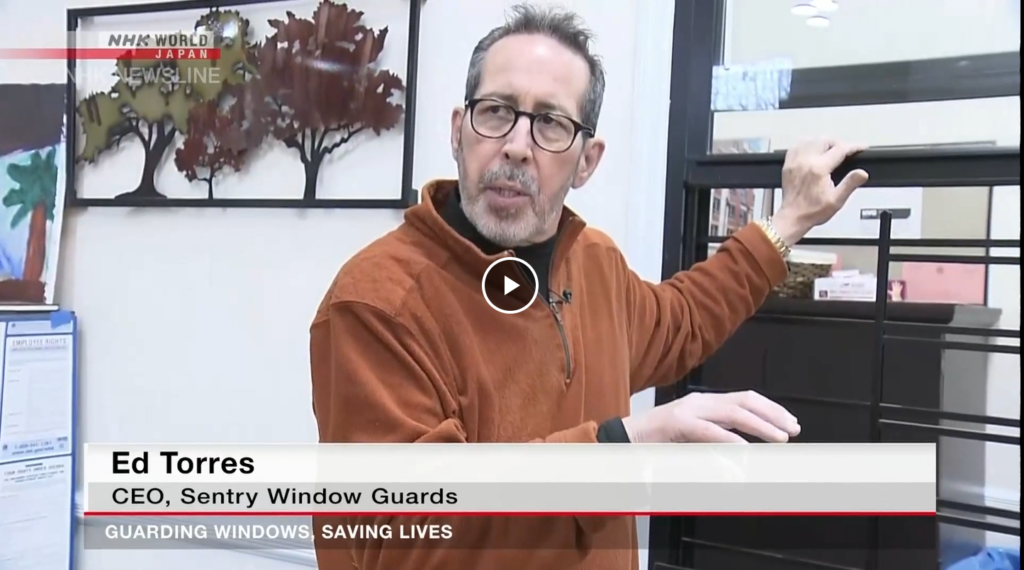Preventing severe weather disasters from happening is out of our control. However, we can control how we respond if we are better prepared. Following a few tips to help prepare you in the event you should encounter a disaster will not only help you respond more quickly, but can also save your life and the lives of your loved ones.
- PLAN OF ACTION: Evaluate the risks of severe weather in your area and plan accordingly. Set up a plan of action with your family and designate a place to meet if your family is separated during a severe weather disaster. Monitor the weather on a regular basis and invest in a quality weather radio. Many smart phones have weather apps that can alert you of severe weather in your area. Designate a safe place to keep all of your important documents such as your homeowner’s insurance policy.
- EMERGENCY SUPPLY KIT: Be smart and prepare a home emergency preparedness kit. You can find a checklist for one at gov. Make sure your kit has enough emergency supplies, dried and canned food, and water for at least three days. Store all battery-powered flashlights, lanterns and candles together for quick retrieval.
- UNDERSTAND YOUR HOMEOWNER’S POLICY: It’s important to understand your homeowner’s insurance policy and what you are covered for in the event of a disaster. Make sure to complete an inventory of your home assets along with documentation such as photos or videos.
At Sentry Window Guards we make it our business to help keep families safe. We strongly suggest you take these three tips seriously and make arrangements to prepare for severe weather disasters now. Preparedness can mean the difference between a disaster and a tragedy. For more information regarding our window guard products and our experience and leadership in understanding NYC safety requirements, contact us today!











